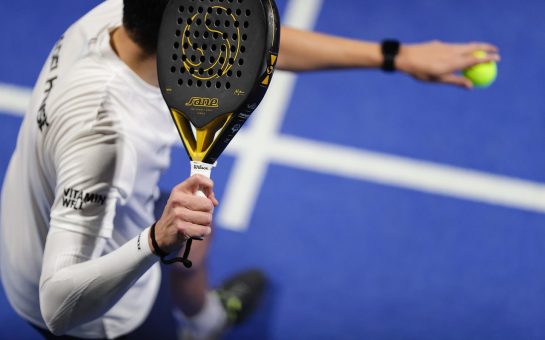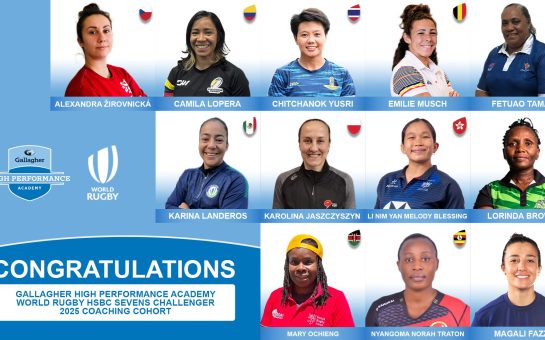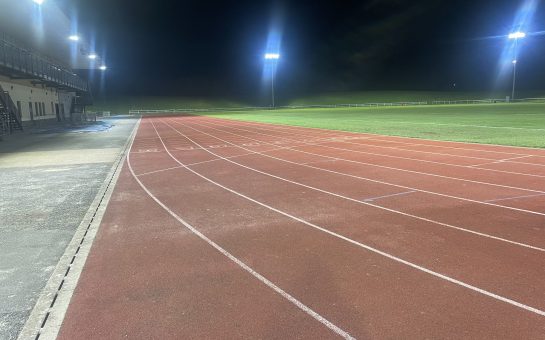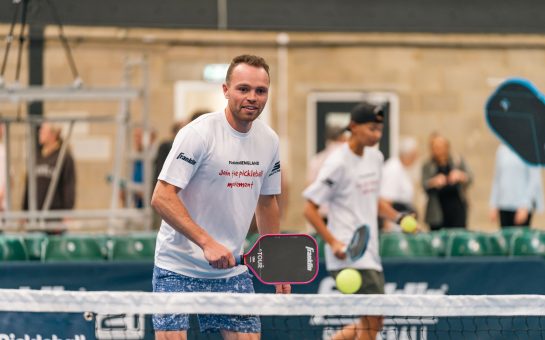Karen Brown had an unusual response when asked what it was like to coach Great Britain’s Olympic gold-winning hockey team in what is clearly a male-dominated industry.
“Well, it was normal,” she said nonchalantly.
“I worked full-time as a coach for Great Britain and England from 2005 to 2017, and I only ever worked with men. That was the norm and it was a culture I was always used to.
“It was very similar across all sports. I went to three Olympics as a coach and each country would have three coaches, and I could count on one hand the number of female coaches that were involved.”
Despite the number of female athletes at the Olympic Games this year approaching 50%, gender equality in high-performance coaching has yet to catch up.
At both the London and Rio Olympics, female accredited coaches accounted for only 11%, with their male counterparts making up the remaining 89%.
At the end of 2020, UK Sport launched a new female leadership programme to tackle gender inequality in coaching.
It aims to double the representation of female coaches in the Olympic and Paralympic high-performance community by Paris 2024, with six top female coaches in the UK helping to support and develop future elite coaches.
Speaking to Sky News, UK Sport CEO Sally Munday said: “It is really exciting to see such a large number of coaches from right across our high-performance community involved in this programme.
“We have an amazing group of coach leaders, who are the trailblazers and the people doing it now, and the opportunity for the 19 promising coaches to learn from them – as well as each other – is going to be incredible.”
With over 15 years’ experience as a coach for Great Britain Hockey and England Hockey, Karen Brown will act as a mentor for all throughout the programme.
Brown said: “I think work-life balance is a big part of the issue. Anyone who is the head coach of a GB Olympic team realises that the work-life ratio is probably out of balance.
“There’s a lot of commitment and a lot of unsociable hours. I used to spend about a third of my year overseas, and that’s hard for anyone, whether you’re male or female.
“Making sacrifices in their home life may be the hardest step for some women.
“It’s not about the skills that the individual coaches have, its more the cultures that we need to break down.
“I think men are quite good at elevating themselves into certain positions, whereas women do it less naturally, and less consciously. They don’t push as hard and they’re not as strategic enough as they should be about their career.”
So, what advice does the Olympic gold-winning hockey coach have for women who are wondering if they should take the next step into elite coaching?
“Be bolder,” she said without skipping a beat.
“Quite often I think women wait until they are the finished article before they will put themselves forward, as opposed to believing they have the skillsets and responsibility to do the role they want.
“You need to put yourself out there, you need to be the change that you want to see in that space, wherever it might be. That’s how I look at it.”
Featured image credit: England hockey




